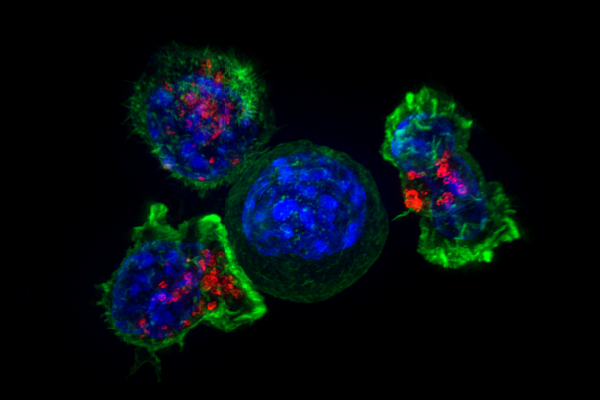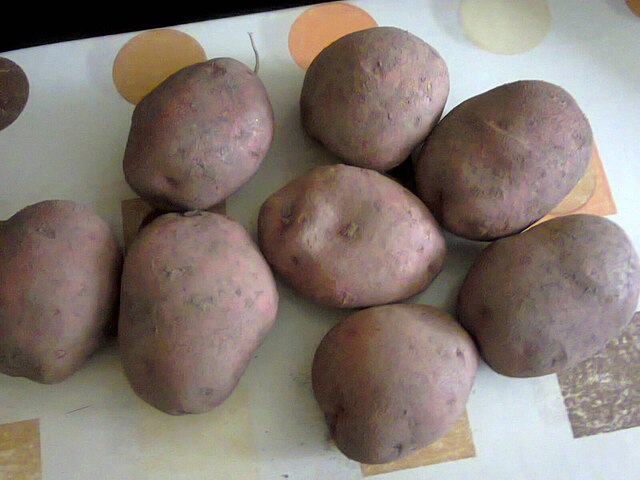Scientists have successfully produced a mostly human kidney in a pig embryo.
The research, published in Cell Stem Cell, was conducted at Guangzhou Institutes of Biomedicine and Health in China. Stem cell biologist Liangxue Lai and his team refined their methods over five years.
Scientists edited out two genes responsible for kidney production via CRISPR/Cas9 when the pig embryo was only one cell before it started replicating. Then, human pluripotent cells, commonly referred to as stem cells, were inserted.
Pluripotent cells are abundant during normal embryonic development and can turn into many different types of cells.
The human cells used in the study had been treated to be less likely to initiate apoptosis or cell death.
In the absence of the pig embryo’s endogenous kidney genes, the human stem cells were able to fill the vacancy.
“We found that if you create a niche in the pig embryo, then the human cells naturally go into these spaces,” senior author Prof Zhen Dai said.
Over 1,800 embryos were then transferred into pigs to undergo regular fetal development. Five were harvested within the first month, about a third of the way into a fetal pig’s development, equivalent to a human trimester.
All five pig embryos had normal kidneys consistent with the expected level of development.
The only difference was that these kidneys contained 50-60% human cells.
Given more time, there’s no indication that the kidneys wouldn’t continue to grow and develop normally, possibly with the human cells increasingly edging out the pig cells, the researchers said.
The kidneys produced by the researchers were not intended to be transplanted into patients. In fact, transplantation would have been risky as the vasculature and nerves that perfuse the kidney were mainly made of pig cells.
Though this doesn’t rule out transplantation entirely, it does negatively impact the immunological implications.
“This is a big step forward in the field,” developmental biologist Juan Carlos Izpisúa Belmonte of Altos Labs told Science’s Mitch Leslie.
According to Izpisúa Belmonte, the new research “hints that the ultimate goal of developing human organs in other mammals might be possible.”
His team has experimented with growing human stem cells in other species but was not involved with the current work.
Pigs, monkeys, baboons and chimpanzees have all been used in xenotransplantation transplantation between species.
Pigs have long been considered the ideal animal xenograft donor because of the similarities between human and pig organ size, physiological metabolism and immune system.
In fact, in January 2022, a 57-year-old man with terminal heart disease received a genetically modified pig heart and managed to extend his life by 61 days. There is a dire need for kidneys nationwide.
The national transplant waiting list, which is managed by the private nonprofit agency United Network for Organ Sharing, has over 106,000 names on it, with 92,000 of these waiting for a kidney.
Kidneys are responsible for removing waste from the blood, which is let out of the body as urine.
According to the Centers for Disease Control and Prevention, three out of four new cases of kidney failure can be attributed to either hypertension, or high blood pressure, or diabetes– high blood sugar.
There is promise in the research and in the field in general.
Although it is unlikely that these chimeric embryos will produce transplantable organs, this is still a big step in the process toward reducing the number of people waiting for a kidney.








